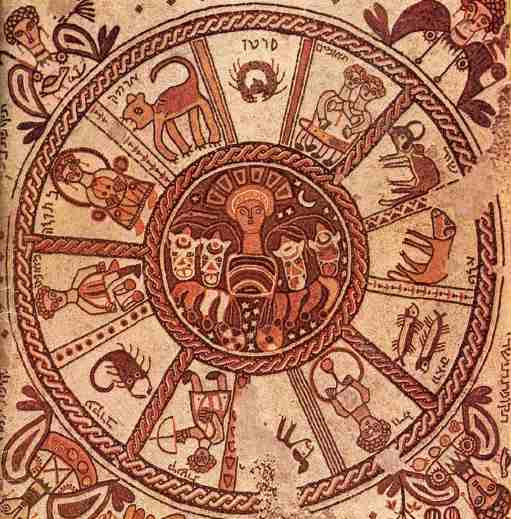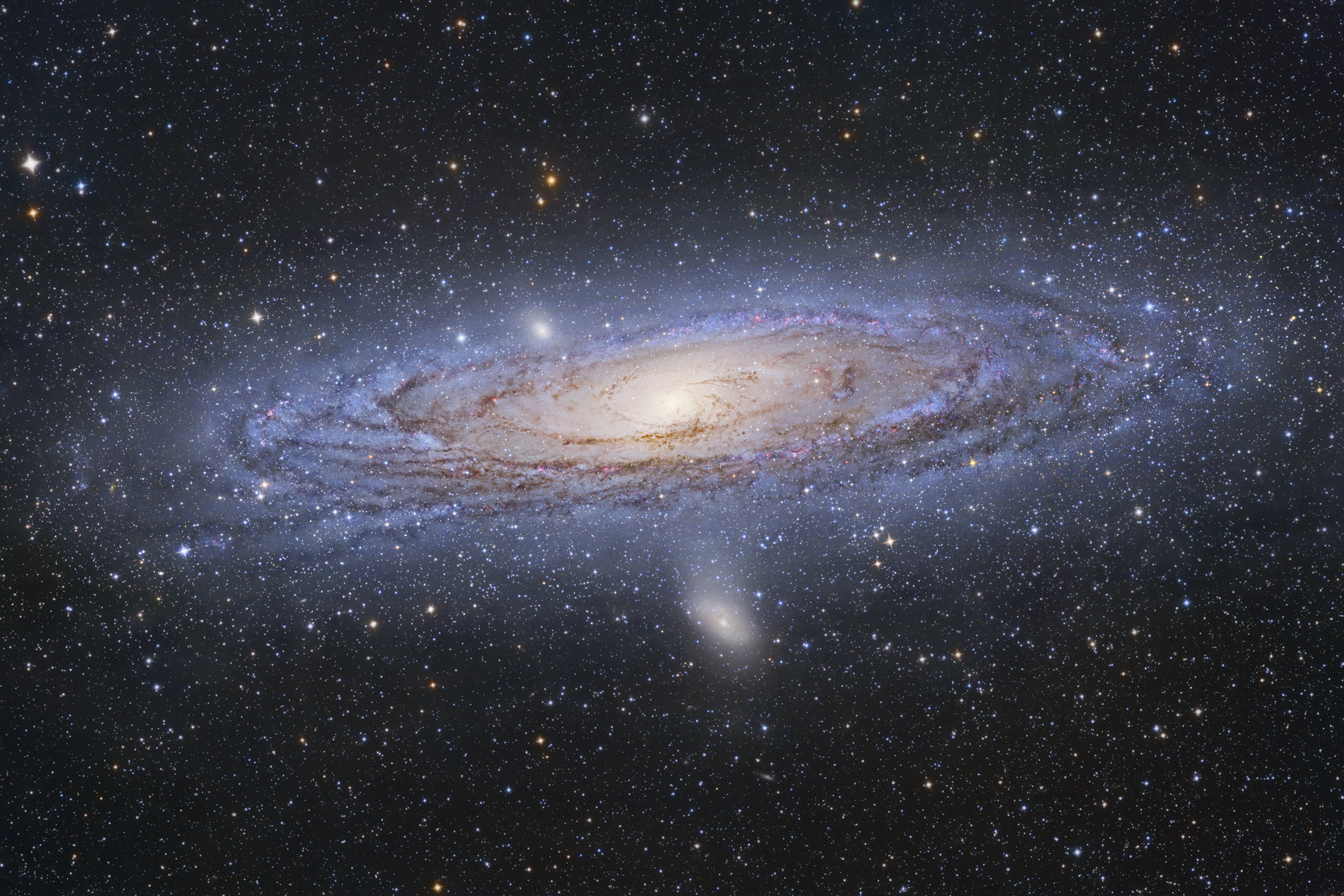I woke up yesterday thinking I was an Aries, and went to bed thinking I was a Pisces. Oh brother. I guess it means that I'm "compassionate, gentle, artistic, mystical and highly intuitive." All this time I thought I was "optimistic, independent, impulsive, playful, competitive, courageous, sometimes combative and always adventurous." Gee, I'm sort of all those things sometimes.
I really couldn't care less, you understand, but the big news yesterday in the twitterverse and elsewhere was the addition of a 13th sign to the zodiac, called Ophiuchus. Of course, it's not really a new addition to the zodiac... The constellation of Ophiuchus has always been there along the ecliptic, we've just traditionally left it off the list of the big 12 astrological signs. But it was widely reported that not only is Ophiuchus a new sign that we'll all have to learn to live with, but that the precession of the Earth's axial rotation has, over a few millennia, shifted our view of the sky so that the Sun is no longer in the same apparent position along the zodiac as it was thousands of years ago, when this version of astrology was concocted. In other words, people with birthdays in late March have traditionally been considered Aries, but today the Sun is really in Pisces at that time of year.
This story is just so silly in a variety of ways. For one thing, it wasn't actually news. The Earth's axial precession doesn't happen overnight, and astronomers haven't just discovered it (read this discussion of the problem by Phil Plait way back in 2008).. In the words of Sam Cooke, it's been a long time coming. Then there was the panic and irritation that the traditional signs are all wrong (today HuffingtonPost cleverly examined the Earth-shattering consequences of this shift). If you've got a tattoo of your astrological sign, tough luck buddy. And then there was the inevitable backlash from those unlucky souls born in late November and early December, suddenly thrust into a brand new personality profile. How would you feel to grow up thinking you're a Scorpio, and suddenly find out you're really an Ophiuchus? The name sounds like a disease. What's my birth stone? And how am I supposed to know what kind of person I am? No one has published my new attributes yet.
Then today, the astrologers came to the rescue. Nothing to fear, they said. The Ophiuchus shift only applies to Sidereal Astrology, not Tropical Astrology. Most believers probably don't know the difference, but don't worry, we westerners typically believe in Tropical Astrology, which is unaffected. On twitter I saw several people commenting in a similar, but tellingly inconsistent vein: "Ophiuchus only affects those who were born 2009 onwards. If you're born before 2009, the sign stays the same." That's a relief.
Skeptically interrogating the universe with a fine understanding of human fallibility.
Friday, January 14, 2011
Tuesday, January 11, 2011
Thoughts After a Tragedy
Take a look at this great new video, narrated by Carl Sagan:
In the wake of horrific tragedies like the shooting in Tuscon this past weekend, we are reminded that human beings are sometimes capable of terrible things. But the events of the weekend also show that for one act of brutality, there are several acts of heroism. Such is, I believe, the nature of humanity. For all our shortcomings, and the violence that perpetuates around the globe, we remain a hopeful and curious species. Our intentions are heroic, and we long for peace. We are not born with hatred in our hearts. Our brains retain the vestiges of more violent epochs, but we have the capacity to temper our reptilian impulses of aggression, and triumph over all adversity. We have evolved for cooperation.
One of my favorites lines from Contact sums it up well:
"You're an interesting species, an interesting mix. You're capable of such beautiful dreams, and such horrible nightmares. You feel so lost, so cut off, so alone. Only you're not. See, in all our searching, the only thing we've found that makes the emptiness bearable... is each other."
It is too early to know the true motive of the shooter. It may turn out that his mental instability is chiefly to blame, that a toxic political discourse is only peripheral, and that there was little that could have been done to prevent his rampage. Maybe he's just insane. But every mass murderer could be considered insane compared with "normal" human beings. Some atrocities, like this one, may be driven by incoherent beliefs, but many others are perpetrated in pursuit of very common political objectives. Whether we are talking about suicide bombs or genocide, these actions have been carried out with at least tacit approval from a larger group of people. The line between "normal" and "insane" is sometimes blurry.
But we humans have it within us to conquer hatred. It is possible to knock down the barriers that stand to divide us. We can do it, and we must do it. We have traveled a long way to get here, and we have a long way to go. We'll have to work together. The world is just too wonderful.
In the wake of horrific tragedies like the shooting in Tuscon this past weekend, we are reminded that human beings are sometimes capable of terrible things. But the events of the weekend also show that for one act of brutality, there are several acts of heroism. Such is, I believe, the nature of humanity. For all our shortcomings, and the violence that perpetuates around the globe, we remain a hopeful and curious species. Our intentions are heroic, and we long for peace. We are not born with hatred in our hearts. Our brains retain the vestiges of more violent epochs, but we have the capacity to temper our reptilian impulses of aggression, and triumph over all adversity. We have evolved for cooperation.
One of my favorites lines from Contact sums it up well:
"You're an interesting species, an interesting mix. You're capable of such beautiful dreams, and such horrible nightmares. You feel so lost, so cut off, so alone. Only you're not. See, in all our searching, the only thing we've found that makes the emptiness bearable... is each other."
It is too early to know the true motive of the shooter. It may turn out that his mental instability is chiefly to blame, that a toxic political discourse is only peripheral, and that there was little that could have been done to prevent his rampage. Maybe he's just insane. But every mass murderer could be considered insane compared with "normal" human beings. Some atrocities, like this one, may be driven by incoherent beliefs, but many others are perpetrated in pursuit of very common political objectives. Whether we are talking about suicide bombs or genocide, these actions have been carried out with at least tacit approval from a larger group of people. The line between "normal" and "insane" is sometimes blurry.
But we humans have it within us to conquer hatred. It is possible to knock down the barriers that stand to divide us. We can do it, and we must do it. We have traveled a long way to get here, and we have a long way to go. We'll have to work together. The world is just too wonderful.
Monday, January 10, 2011
The First Interstellar Missions
Check out this excellent paper from Marc G. Millis, arguing that interstellar space travel could be possible in as little as 200 years. The paper calculates the amount of energy required for two types of interstellar missions, and uses estimates of world energy output growth to determine when the required energy might be available to such missions. Millis bases his calculations on the fraction of energy made available to current space missions, accounting for various technological innovations and broader considerations that might accelerate or delay serious consideration of interstellar missions. The math suggests that an interstellar spacecraft colony could be achievable in approximately 200 years, and a probe to Alpha Centauri could be launched within 500 years.
Millis' estimate is both exciting and disappointing. Space enthusiasts want desperately to see an interstellar mission in our lifetime, but of course most of us realize that's probably not in the cards. At the same time, some scientists have said it may be a thousand years or more before we are capable of interstellar space travel (that is, fast interstellar space travel), so a few hundred years is actually good news. The world is likely to be a far different place in a thousand years, but 200 years is only 10 generations or so. The English we speak today will probably remain intelligible to those lucky people in 2211. We are just barely missing the wonders that may be in store for the future, just as the great scientists of the 18th and 19th centuries barely missed the extraordinary breakthroughs that would come in the 20th century. They laid the groundwork for our world, though, and now it is up to us to lay the groundwork for tomorrow.
But where are we going, and why? Will we be diversifying our interests, spreading the seed of humanity beyond the solar system? Or are we simply going to investigate our nearest stellar neighbor and radio back the results?
Millis' estimate is both exciting and disappointing. Space enthusiasts want desperately to see an interstellar mission in our lifetime, but of course most of us realize that's probably not in the cards. At the same time, some scientists have said it may be a thousand years or more before we are capable of interstellar space travel (that is, fast interstellar space travel), so a few hundred years is actually good news. The world is likely to be a far different place in a thousand years, but 200 years is only 10 generations or so. The English we speak today will probably remain intelligible to those lucky people in 2211. We are just barely missing the wonders that may be in store for the future, just as the great scientists of the 18th and 19th centuries barely missed the extraordinary breakthroughs that would come in the 20th century. They laid the groundwork for our world, though, and now it is up to us to lay the groundwork for tomorrow.
But where are we going, and why? Will we be diversifying our interests, spreading the seed of humanity beyond the solar system? Or are we simply going to investigate our nearest stellar neighbor and radio back the results?
Subscribe to:
Posts (Atom)

